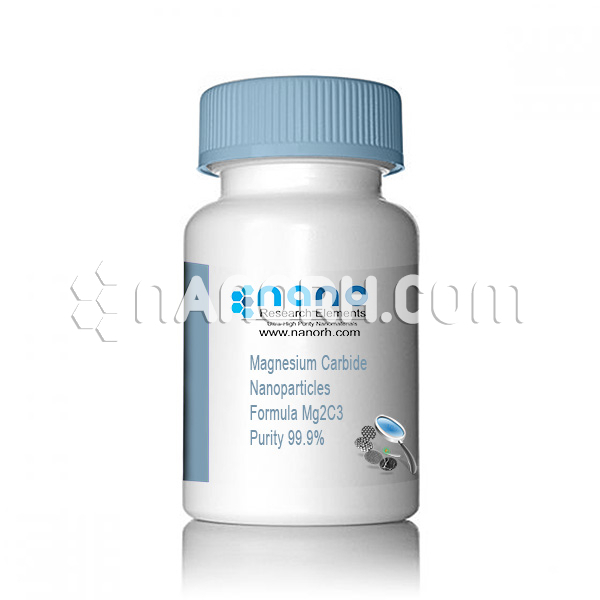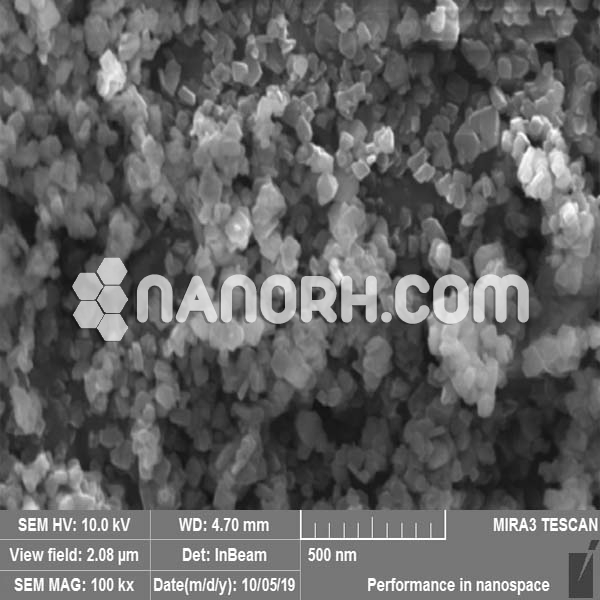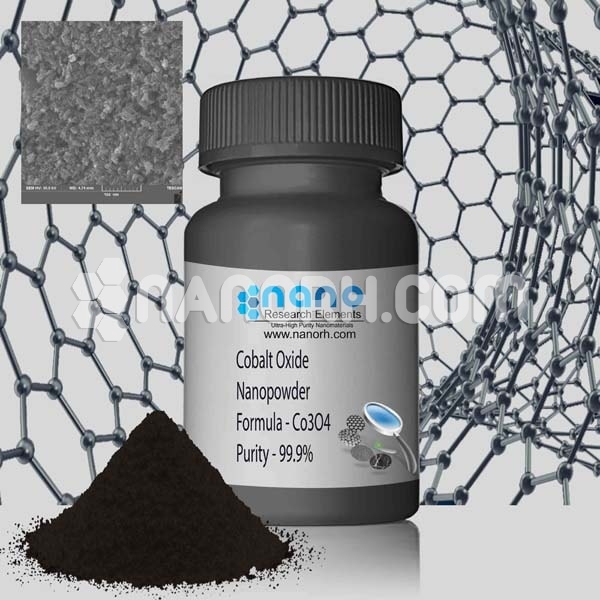| Magnesium Carbide Nanoparticles | |
| Product No | NRE-5141 |
| CAS | 12151-74-5 |
| Purity | 99.9% |
| Formula | Mg2C3 |
| APS | <100 nm (can be customized) |
| Color | Silver-gray |
| Molecular Weight | 84.64 g/mol |
| Density | NA |
| Melting Point | NA |
| Boiling Point | NA |
Magnesium Carbide Nanoparticles
Introduction
Magnesium carbide (MgC₂) is an inorganic compound consisting of magnesium (Mg) and carbon (C), commonly known as magnesium acetylide. Magnesium carbide exists in various crystalline forms, and in its nanopowder or nanoparticle form, it exhibits unique properties due to its enhanced surface area and reactivity. MgC₂ nanoparticles are particularly interesting because of their high reactivity with water, where they generate acetylene gas (C₂H₂) and magnesium hydroxide (Mg(OH)₂). This property has important implications for chemical processes, energy storage, and various industrial applications.
The nanoparticles are typically synthesized through mechanochemical processing, high-temperature reactions, or hydrothermal methods, which allow for control over their size, morphology, and surface characteristics. These properties make MgC₂ nanoparticles useful in a wide range of fields, including energy storage, catalysis, hydrogen storage, and sensor technology.
Properties of Magnesium Carbide (MgC₂) Nanoparticles:
High Surface Area:
As with many other nanoparticles, MgC₂ nanoparticles possess a large surface-to-volume ratio. This results in increased reactivity, allowing for faster and more efficient chemical reactions compared to bulk magnesium carbide.
Reactivity with Water:
Magnesium carbide is highly reactive with water, forming acetylene gas (C₂H₂) and magnesium hydroxide. This reaction is more pronounced at the nanoscale, where the enhanced surface area of the nanoparticles leads to quicker and more significant gas production. This property is particularly useful in chemical manufacturing and gas generation applications.
Thermal Stability:
MgC₂ nanoparticles exhibit relatively high thermal stability, which allows them to withstand moderate to high temperatures without decomposing. This makes them suitable for high-energy applications and environments where high thermal performance is required.




